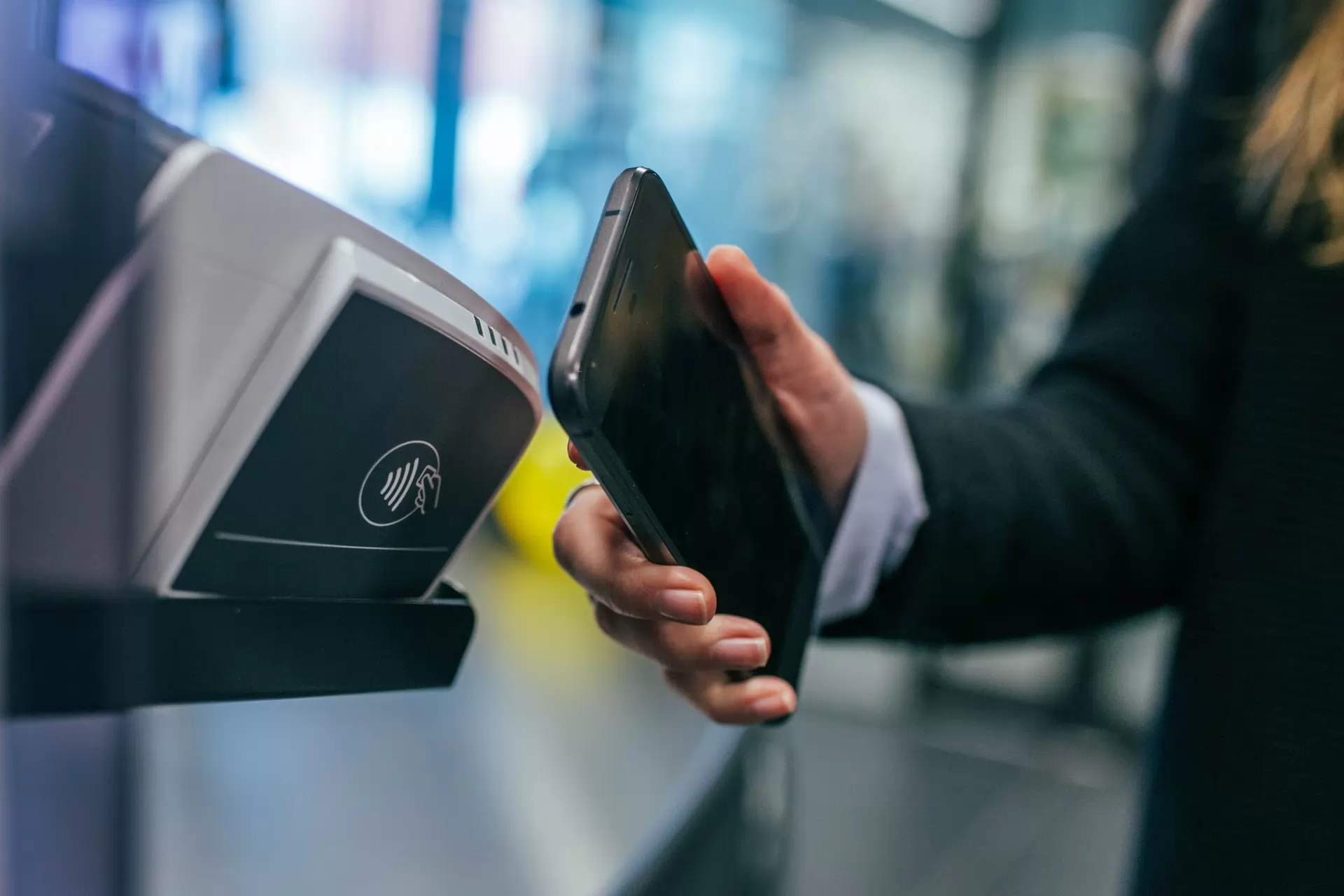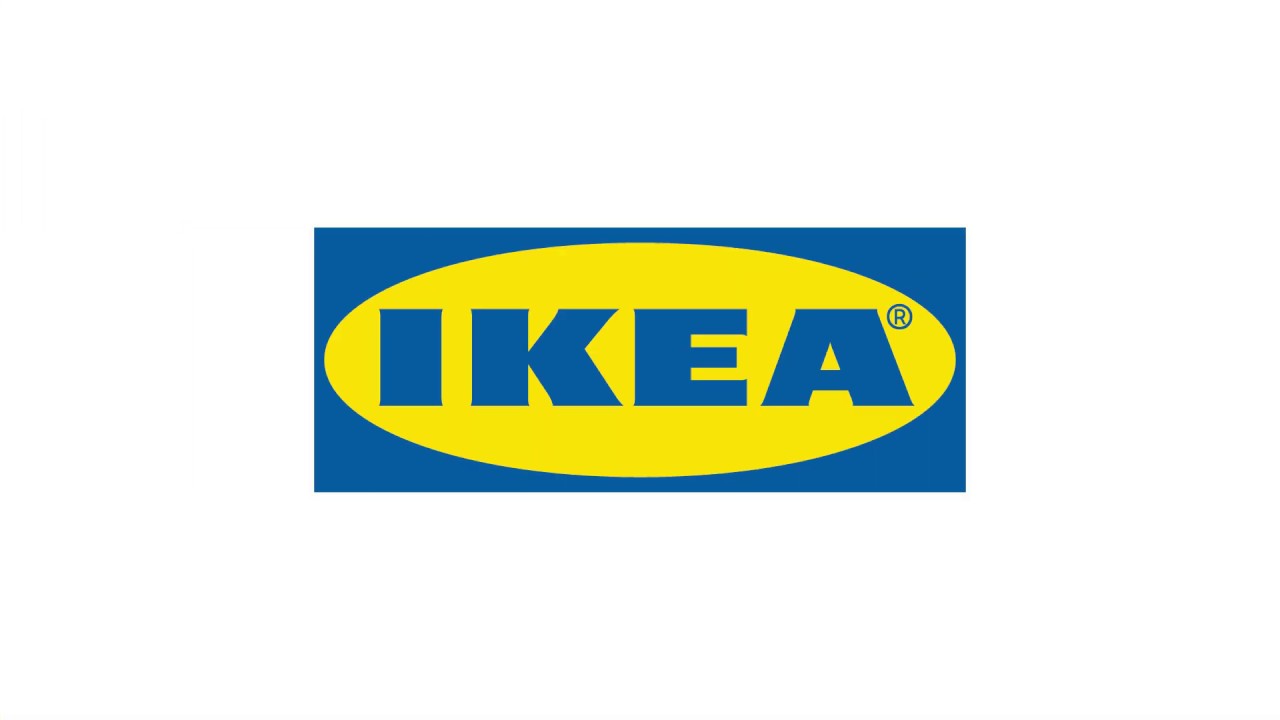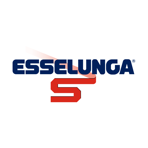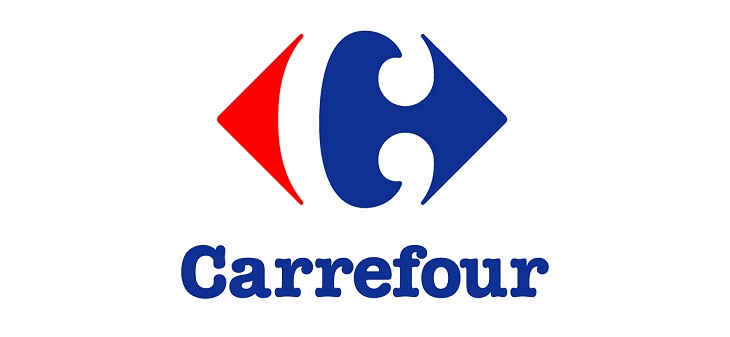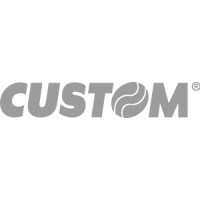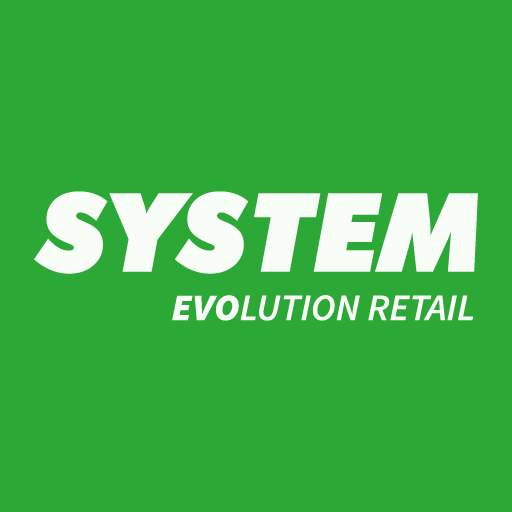Summary
The global market for self-checkout systems growth is underpinned by factors such as increased consumer demand, a preference for expedited and personalized shopping experiences, and the need for retailers to enhance productivity while curbing costs. In 2021, the market value rose to over $4 billion, and projections indicate a surge to $13.54 billion by 2030. The adoption of self-checkout systems is particularly rising in Italy, in line with global trends.
The COVID-19 pandemic further accelerated the adoption of self-service solutions to support social distancing and contactless transactions. Despite challenges such as potential for theft or misuse, and adaptability concerns among certain demographics, the advantages like queue reduction, increased store efficiency, customer experience personalization, and operational cost savings continue to drive the market's expansion. Additionally, retailers anticipate moving a portion of their online consumer base to stores with automation technologies, reflecting a shift in customer preferences towards convenience and efficiency offered by automated systems.
Trends and Figures in the Self-Checkout Systems Market in Italy
In Italy, the adoption of self-checkout systems is on an upward trajectory, aligning with the global movement towards retail process automation. Supermarkets and retail chains are at the forefront of implementing this technology, not only in large-scale enterprises but also within smaller businesses that are exploring digital innovations in-store. According to recent reports, approximately between 70-75% of large retail companies have embraced self-checkout technologies, highlighting a significant transformation in the retail payment experience. A survey by Capgemini revealed that around 25-35% of Italian consumers feel like unpaid assistants when using self-checkout, indicating a need for retailers to enhance the user experience of these systems.
Despite this, consumer attitudes are shifting, with studies showing that approximately 65-75% of individuals express a willingness to use or interest in using self-checkout, driven by desires for faster service and a range of self-service options. Concerning market growth, the global market size for self-checkout systems stood at around $2.5-$3 billion, with projections of reaching approximately $12-$15 billion by 2027, growing at a compound annual growth rate of roughly 12-15%. Italian consumers, especially urban and millennial shoppers, show a readiness to shift a significant portion of their online spending - about 20-25% - to retailers with automation technologies like self-checkout systems. Despite Italy's traditional preference for human-operated checkouts, the integration of self-service technology is well underway.
The Italian market has witnessed a considerable embrace of traditional POS systems, but the uptake of self-checkout solutions lags slightly behind other European nations such as the UK and France. However, with continuous technological advancements and growing consumer interest in autonomous shopping experiences, the retail landscape in Italy is anticipated to evolve further, fueling the adoption of self-checkout systems. The COVID-19 pandemic has catalyzed the growth of self-service technologies by necessitating social distancing and contactless transactions. Retailers, consequently, have been urged to implement self-checkout solutions more widely to accommodate these new consumer behaviors. Finally, it is noteworthy that while self-checkout brings efficiency and cost savings to retailers, it also introduces concerns such as potential increases in theft or errors. Research has indicated that about 4-5% of receipts from self-checkout transactions may exhibit anomalies, raising questions about security and loss prevention. Despite this, businesses continue to reap the benefits.
The Key Players Carving the Future of Self-Checkout Systems in Italy
As the retail market pivots towards automation and enhanced customer service, a handful of trailblazing companies are at the forefront of the self-checkout revolution in Italy. These innovators are not just riding the wave of technological progress; they are actively shaping the consumer shopping experience through cutting-edge solutions that cater to the demand for speed, convenience, and efficiency.
- Carrefour : As one of the pioneering brands embracing self-service technology, Carrefour has swiftly adapted to the changing retail landscape. Recognized for its widespread presence and customer-centric approach, Carrefour continues to refine the shopping experience by offering streamlined self-checkout options. This allows shoppers to bypass traditional queues and enjoy a more autonomous and expedited checkout process.
- Esselunga : Esselunga distinguishes itself with an unwavering commitment to enhancing customer satisfaction. By integrating automated checkouts within their stores, they provide a marriage of convenience and customization. Their self-service kiosks are not only user-friendly but are also continually updated to meet the personalized shopping preferences of their diverse clientele.
- Pam : The introduction of automated checkouts in Pam supermarkets represents a significant strategic move. This chain has embraced the self-checkout systems by incorporating them as a standard payment method, thereby improving overall service efficiency. Pam’s initiative demonstrates an understanding of consumer behavior and a focus on reducing wait times at checkouts.
- Coop : Coop has set itself apart with a strategic deployment of self-checkout systems that prioritize quick and seamless transactions. By offering these alternatives to standard checkout lines, Coop is addressing customer demand for a frictionless shopping journey, thereby enhancing overall store productivity.
- Conad : Conad's investment in self-checkout technology is a testament to its forward-thinking nature. The adoption of sophisticated self-service solutions is part of Conad's broader strategy to redefine the checkout experience, making it more adaptable to the technological inclinations of modern consumers. The Conad Northwest partnership with Distribution Service is not only optimizing checkout operations but also carving a niche in the self-service retail market.
- Beyond the food retail sector, leading electronics, home improvement, and general merchandise stores are also jumping on the self-service bandwagon: MediaWorld : In the world of electronics and technology retail, MediaWorld has not shied away from implementing self-checkout systems, recognizing the clientele’s familiarity with technology and their expectation for tech-forward shopping solutions.
to understand this market
Detailed content
 Inforamtion
Inforamtion
- Number of pages : 30 pages
- Format : Digital and PDF versions
- Last update : 20/07/2023
 Summary and extracts
Summary and extracts
1 Market Overview
1.1 Definition and presentation
Self check-out is a service, available in many stores, that allows customers to be able to scan a product independently and be able to pay for it without the intervention of an employee. Generally, this term refers to the automated checkouts found in many supermarkets or stores. The use of automated checkouts has the advantage of speeding up the shopping experience, keeping customers from standing in line for a long time, and there are fewer labor costs.
The global market size of self-checkout systems was $2.8 billion in 2019 and is expected to grow at a CAGR of 13.3% from 2020 to 2027. This growth is due to several factors such as the increase in the number of global consumers, lower consumer wait availability, and the preference for personalized shopping experience. This growth also leads to higher productivity in the retail sector and a sharp reduction in costs.
Regarding the Italian market, many supermarkets such as Esselunga, Carrefour and Pam have been using automated checkouts as a payment method for several years. This type of payment is not only continuously expanding in large-scale retailers but also in different sectors such as clothing and furniture. Although this market trend is positive there are some issues to consider such as the increased number of thefts and the inability to use checkouts by several people especially the older ones.
The market trend is the continued experimentation by many retailers with innovative technologies with the goal of permanently reducing checkout crowding and slow payments. The long-term goal is "just walk" that is, technology that allows customers to shop within a physical location without the need to stop at a checkout counter to pay.
All our studies are available online in PDF format
Take a look at an example of our research on another market!
Companies quoted in this study
This study contains a complete overview of the companies in the market, with the latest figures and news for each company. :
 Choosing this study means :
Choosing this study means :
Access to more than 35 hours of work
Our studies are the result of over 35 hours of research and analysis. Using our studies allows you to devote more time and added value to your projects.
Benefit from 6 years' experience and over 1,500 industry reports already produced
Our expertise enables us to produce comprehensive studies in all sectors, including niche and emerging markets.
Our know-how and methodology enable us to produce reports that offer unique value for money.
Access to several thousand articles and paid-for data
Businesscoot has access to all the paid economic press as well as exclusive databases to carry out its market research (over 30,000 articles and private sources).
To enhance our research, our analysts also use web indicators (semrush, trends, etc.) to identify market trends and company strategies. (Consult our paying sources)
Guaranteed support after your purchase
A team dedicated to after-sales service, to guarantee you a high level of satisfaction. +44 238 097 0676
A digital format designed for our users
Not only do you have access to a PDF, but also to a digital version designed for our customers. This version gives you access to sources, data in Excel format and graphics. The content of the study can therefore be easily retrieved and adapted for your specific needs.
 Our offers :
Our offers :
the self-checkout market | Italy
- What are the figures on the size and growth of the market?
- What is driving the growth of the market and its evolution?
- What is the positioning of companies in the value chain?
- Data from several dozen databases
5 reports pack (-15%) IT Italy
- 5 reports at €75.6 excluding VAT per study to choose from our Italian catalogue for 12 months
- Save 15% on additional studies purchased
- Choose to be refunded any unused credit at the end of the 12-month period (duration of the pack)
See the terms and conditions of the pack and the refund of unused credit.
